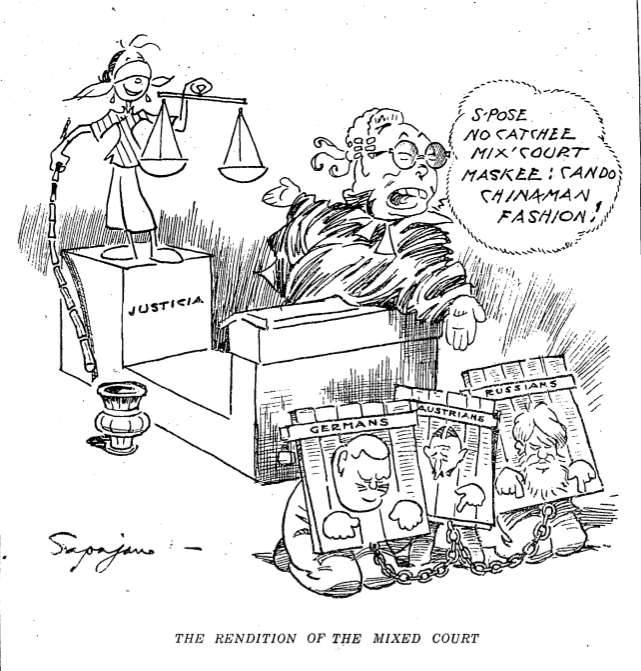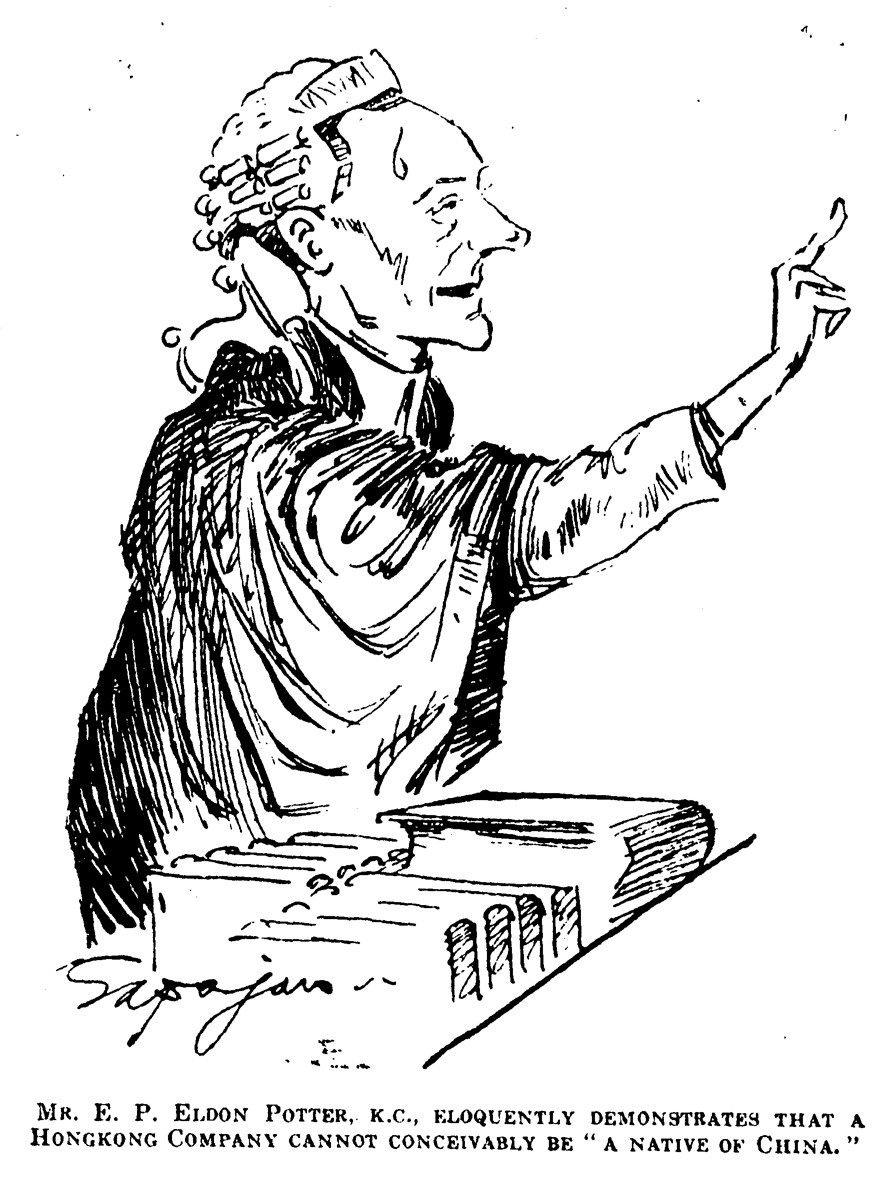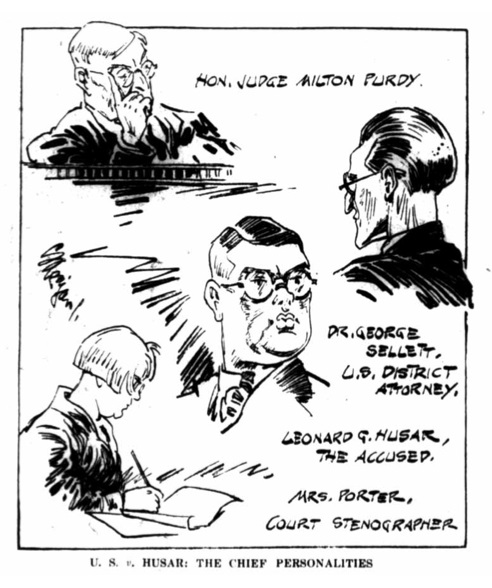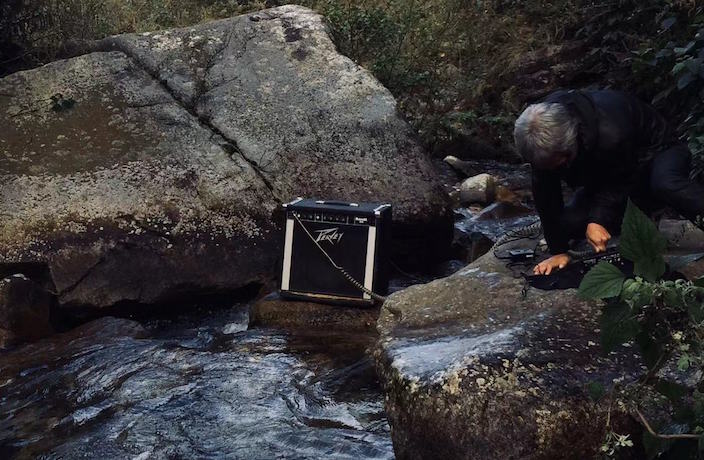A respected lawyer with over 22 years of experience in China, Douglas Clark has just published a three-volume history of extraterritoriality in China and Japan. Gunboat Justice explores the legal systems imposed by Britain and America from the Opium Wars up to World War II. As Shanghai developed into a great trading city, judges took on cases that ranged from murder to infidelity to rebellion. Clark brings to life the remarkable judges and lawyers trying to bring order to a home that wasn’t theirs with gunboats often used to quell local opposition to the court’s authority.
 You're a longtime lawyer in China. Why did you decide to write such an extensive three-volume series on the extra-territoriality? How did the idea come about and why did you decide to structure it in three volumes?
You're a longtime lawyer in China. Why did you decide to write such an extensive three-volume series on the extra-territoriality? How did the idea come about and why did you decide to structure it in three volumes?
I had practiced in a big law firm (Hogan Lovells) for 18 years, including 11 years in Shanghai. I then left to become a barrister. During the process of transferring I had a lot of spare time. I discovered the existence of the British Supreme Court for China almost by serendipity on a plaque marking the opening of the HSBC headquarters in Shanghai and from that decided to write this book.
There was no plan to structure it in three volumes but the volume of materials I found and the 100 years of history I had to tell ended up with a book that was too long for one or two volumes.
What were the most difficult challenges in writing this book?
The most difficult challenge was knowing where to start. There had not been a comprehensive history written and there was a huge volume of material on the cases that had been reported in the papers. The National Archives in London also have all the records of the court that were returned by the Chinese in 1986. Eventually reducing all the information into some comprehensible form was probably the most challenging task.

It's a fascinating way to look at Shanghai's history. How respected were the courts within these foreign concessions and what were the relationships like between the different concessions legally?
The British Supreme Court of China and Japan and, eventually, the United States Court for China were well respected. They had professional judges and a large core of lawyers. Some of the smaller consular courts, that only had consular officers as judges were not as well respected. This was one of the major problems of extraterritoriality: untrained consuls trying sometimes difficult cases.
Legally, in terms of jurisdiction, there was no problem with relationships between the concessions. A court had jurisdiction over its nationals wherever they were. The concessions were only "French" or "international" in terms of who had power to govern them. The French governed the French Concession and the British and Americans the International Settlement. The concession/settlement authorities could make by-laws to govern the concessions, but for all cases, the Defendant had to be taken to their national court. This could lead to issues such as when French policemen gave evidence in the British courts.
So, if a Briton committed an offense in the French Concession the case was tried in the British court and vice versa. There was even a case of an American being brought all the way from Tibet to be tried in the US Court in Shanghai for killing a Tibetan monk.
How were local Chinese treated under these foreign courts and was their treatment ever improved over time?
Local Chinese suffered the indignity of having to bring cases in their own land in foreign languages before foreign judges employing foreign lawyers. In the case of the British and American courts the language was English. There were many cases where British juries would not convict Britons for murder, sometimes only finding manslaughter, even where the judges clearly thought a more serious crime had been committed. The judges did strive to be fair but the system by its nature was unfair to Chinese.

In 1920, the Bank of East Asia, a Hong Kong bank, bought some land on Shamian Island in Guangzhou. The Brititsh Consul refused to register the transfer because BEA was Chinese owned. BEA brought a case before the Supreme Court to establish that as a Hong Kong company it was British. It won.
Who were some of the really remarkable judges and lawyers that have really influenced Shanghai?
The most remarkable judge was Sir Edmund Hornby, the founder of the British Supreme Court for China. He set up the court in the face of great opposition from local Britons and Chinese and set the court on a firm footing for the rest of its life. At one point he faced down a Chinese mob in Chefoo (now Yantai) himself with his shotgun. He was an eccentric, having a parrot with him at all times and also reported meeting a ghost in Shanghai.
Sir Nicholas Hannen was also exceptional. He was truly loved as a person and a judge and was also appointed British Consul-General in Shanghai. He dealt in that position with trick question around the Sino-Japan war of 1895.
Three of the judges, Sir Frederick Bourne, George Jamieson and Penrhyn Grant Jones, all spoke and wrote fluent Chinese. They had come to China as consular officers, and learnt Chinese before working as consuls and eventually being promoted as judges. Chief Justice Hiram Shaw Wilkinson was also fluent in Japanese, having started his career as a consular officer in Japan.
On the American side, Charles Lobingier was truly outstanding. He took over a court racked by divisions and problems and developed its jurisprudence and quality of the bar so that by the time he left in 1924, the court was well respected and fully operational.

Leonard Husar was the US District Attorney in the early 1920s who arrived in China and prosecuted a number of individuals for smuggling guns. He would later be prosecuted in the United States Court for China for corruption, taking a bribe and protecting an opium smuggler due to a large amount of money passing through his safe deposit box. Husar's defense: he had made the money smuggling guns.
Could you explain the name of the series and what was the most outrageous example of 'gunboat justice' within China?
The system of extraterritoriality was put in place by gunboats (the Opium Wars), kept in place by gunboats (many battles over the years) and eventually ended by gunboats (when the Japanese navy sunk and captured the last British and American gunboats in Shanghai). It was a system where power came out the barrels of gunboats and was, therefore, gunboat justice.
There were no truly outrageous examples. However, on numerous occasions gunboats were called in to protect the courts in treaty ports up and down the coast, including Shanghai. The threat of force was used on numerous occasions to quell local discontent with decisions of the courts. On one occasion HMS Redpole was called into Shatou when a local Chinese official said he could not control local feelings. The official was told that it would be "very inconvenient" for him if this occurred. No problems arose after the arrival of the gunboat.
From 1911 to 1926, the Shanghai Municipal Council took over the Mixed Court completely appointing Chinese judges to try cases against Chinese with foreign assessors. This was well beyond foreign treaty rights, but a weak China could do nothing about it. It ended as the Kuomintang grew militarily strong.
Is there anything you would like to add?
I loved writing this book and I hope that readers will enjoy it.
> Nov 7, 11am, RMB75, tickets.
> Gunboat Justice is available on Amazon and on its official website. All cartoons from Douglas Clark.
> Check out our full preview of the Shanghai International Literary Festival and our festival related features.






















0 User Comments